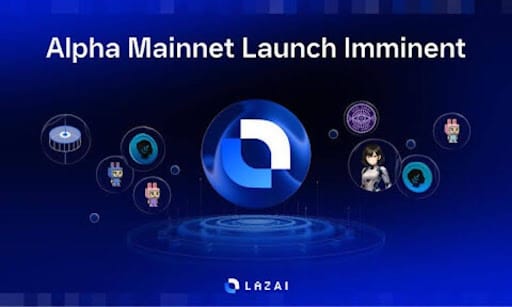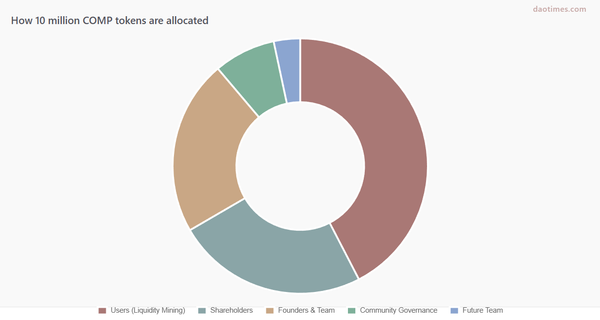RADIANT DAO PROPOSES COMPENSATION PLAN FOR VICTIMS OF OCTOBER HACK

According to Binance, Radiant DAO has unveiled a comprehensive proposal to compensate users affected by the unlimited authorization vulnerability exploit that resulted in approximately $50 million in losses last October. The proposal, submitted through the established DAO governance framework, outlines a structured approach to reimburse victims using funds from the Radiant DAO Reserve.
The exploit, which occurred on October 16, 2024, targeted both Binance Smart Chain and Arbitrum networks. CoinDesk reported that attackers manipulated the "transferFrom" function within Radiant's smart contracts, enabling them to drain funds from users who had previously granted permission to Radiant's lending pools. Security firm De.Fi confirmed the attack resulted in the theft of multiple cryptocurrencies including USDC, WBNB, and ETH.
COMPENSATION FRAMEWORK AND GOVERNANCE PROCESS
The newly proposed compensation framework follows Radiant's established governance process, requiring a minimum seven-day feedback period before formal voting begins. Mundus Security notes that proper governance mechanisms are essential for DAOs when addressing security breaches, as they must balance operational needs with stakeholder protection.
The proposal divides affected users into multiple tiers based on their exposure level and sets forth a timeline for distribution of funds. Priority will be given to smaller holders, with compensation distributed in both RDNT tokens and stablecoins from the DAO treasury. This approach mirrors successful compensation strategies implemented by other DAOs following security incidents.
Users will need to verify ownership of affected wallets through a specialized portal that will launch following approval of the proposal. The verification process includes cryptographic proof of ownership and review of on-chain transaction history to confirm loss amounts.
SECURITY IMPROVEMENTS AND FUTURE PREVENTION
Following the October attack, Radiant implemented significant security improvements to prevent similar exploits. CryptoSlate reported that security around Radiant's Admin and DAO multisig wallets was tightened, reducing the number of signers to seven with a new rule requiring four out of seven signatures to approve transactions.
Additionally, Radiant instituted a mandatory 72-hour delay for all contract updates and ownership transfers, enforced by timelock contracts. This delay provides both the community and developers sufficient time to review proposed changes before implementation. The protocol also adopted more stringent signature verification processes and implemented separate devices for transaction data verification.
The current compensation proposal builds on these security enhancements by allocating additional resources to ongoing security audits. The Block previously reported that the October attack likely stemmed from compromised private keys, highlighting the importance of robust key management protocols.
IMPLICATIONS FOR THE BROADER DEFI ECOSYSTEM
The Radiant DAO compensation proposal highlights the growing maturity of DeFi governance mechanisms. Decrypt previously characterized the October attack as among "the most sophisticated hacks in DeFi history," underscoring the challenges facing protocols as they balance innovation with security.
The compensation approach also demonstrates how DAOs can respond to security incidents while maintaining decentralized governance. Unlike traditional financial institutions, where compensation decisions might be made behind closed doors, Radiant's process allows for transparent community participation and voting.
Market analysts suggest that successful implementation of the compensation plan could strengthen user confidence in Radiant and similar DeFi protocols. The proposal's emphasis on both immediate compensation and long-term security improvements may serve as a template for other DAOs facing similar challenges.
Related Reading on DAO Times
For those interested in learning more about DAO governance tools and mechanisms, DAO Times offers a comprehensive guide to DAO tools. This resource covers various governance frameworks, voting mechanisms, and treasury management systems that can help DAOs implement robust security measures and response protocols. The guide provides valuable insights for both DAO contributors and users seeking to understand how decentralized organizations handle critical decisions like compensation proposals.





